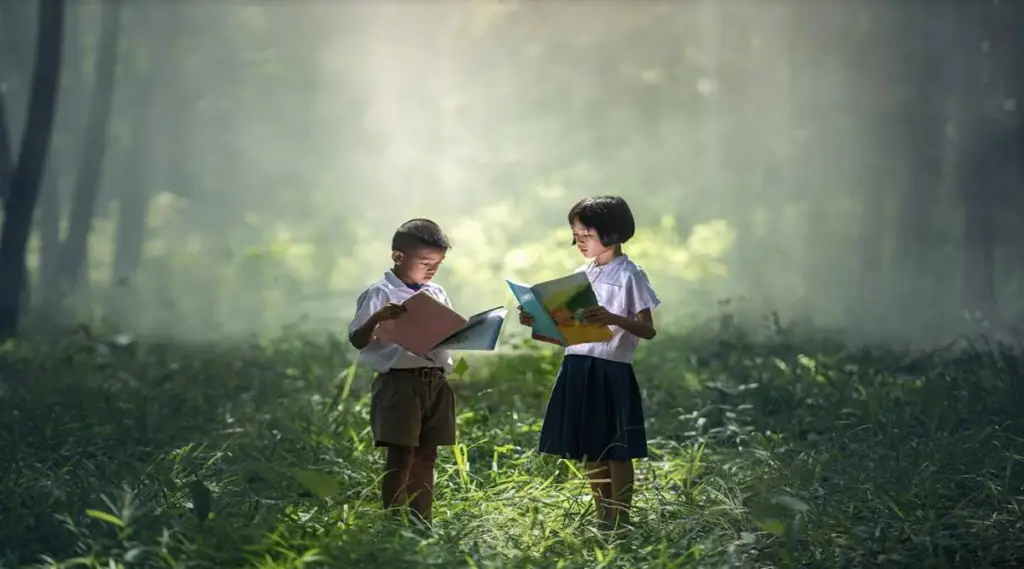By Sajid Shamim,
With parents fixated on setting their kids up for success, it’s never too soon for children to start learning. But early learners need special care to ensure the best outcomes. Unfortunately, our educational system is not yet tailored to the needs of our youngest students, and that is a problem.
Why early learning matters
By the age of five, a child’s brain is 90% developed. By six, the child has picked up cognitive, linguistic, social, and psychomotor skills. Some of this happens naturally, but nurture plays a role too. How well these competencies develop is correlated with the learning stimulation and support made available in that critical period.
Also read| NEP 2020 emphasises on Indian languages, knowledge systems, says Dharmendra Pradhan
High-quality early childhood education has repeatedly been linked with success in school and much later at the workplace. Meanwhile, ineffective early learning techniques may result in learning delays as the child moves from kindergarten to higher classes.
Stumbling blocks for early learning
The preschool market in India is expected to grow by USD 957.86 million between 2022 and 2026. While that is heartening for the sector, one must question whether early childhood education is appropriately geared to its audience.
Play-based learning, educational songs, and reading activities make school fun and motivate young ones to keep learning. But many teachers and parents believe learning should not be too enjoyable. There is often a rush to return to more formal modes of instruction while teaching kids to read, write, and do math. This often leads to a one-way flow of information and an emphasis on rote learning that leaves young students with no scope to think creatively. Worse still, it erodes their interest in learning from a young age.
Also read| Bihar govt to introduce ‘no-bag day’, compulsory games period in schools
Also worth addressing is the lack of training for teachers in play-based teaching techniques. It’s not enough to just sing a song or play a game. The teacher must understand how an activity benefits pre-school and early-grade students.
Even among educators who recognise the value of play, implementation can be an uphill climb. When there are well over 30 students in a single classroom, coordinated play is hard to control and there may not be enough learning materials to go around.
Fixing our early learning system
The National Education Policy (NEP) of 2020 set guidelines to make early learning activities more developmentally and contextually appropriate. This marked the first time that early childhood education was extended to cover children aged three and above.
By the end of 2020, students of all ages had become familiar with video-based learning as a consequence of the pandemic lockdowns. But while the technology changed, one-way learning still prevails. Books have given way to screens and physical classes to virtual ones, but the old models are still around. Even popular video-based e-learning apps are just reinventing the wheel.
Augmented reality (AR) could offer a way forward, helping early learners to grasp abstract and spatial concepts more effectively. AR tech could convert two-dimensional learning into an immersive 3D experience. One interactive video might encourage the child the pack a suitcase. A more advanced module might show the learner how to build a machine. Since learning is interactive, it is less tedious. Besides, the child gains practical experience through AR technology, which is why the lessons tend to stick.
The priorities going forward must include teacher training at regular intervals, translating learning material into vernacular languages, and building lightweight digital modules that are available both online and offline. As the curriculum evolves, the focus should be on ensuring that no child is left behind.
(The author is Co-founder of Genions which is India’s first AR (Augmented Reality) based integrated learning program for kids. Views expressed are personal and do not reflect the official position or policy of the FinancialExpress.com.)


